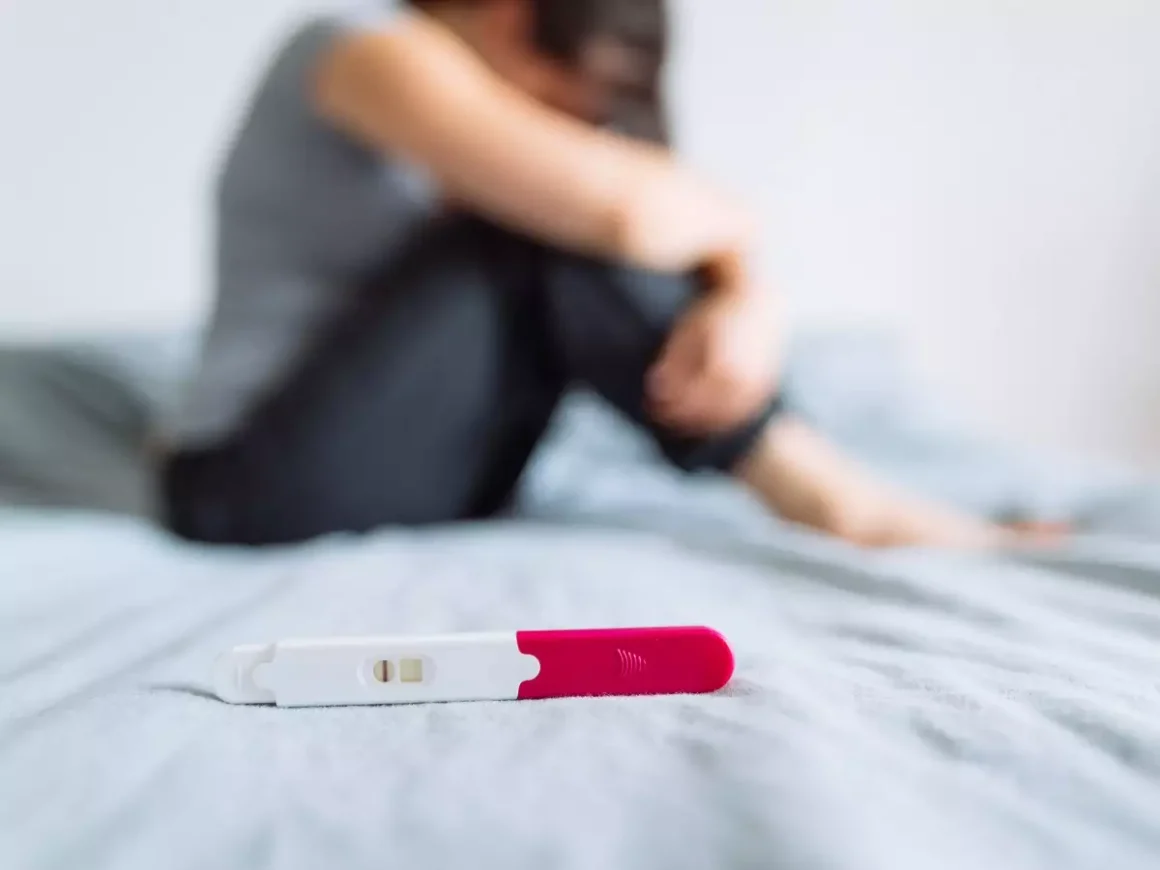Inability to have a baby may cause depression and eternal sorrow. Everyone wishes to hold their bundle of joy at some point in their lives, but this may not be possible for some people. Contemporary Women’s Care restores your hope of getting pregnant by providing effective fertility treatments that guarantee successful conception.
What should you know about infertility?

Infertility refers to the inability to have a biological baby even after having unprotected sexual intercourse for over one year. Many couples end conceiving after one year of trying, but a few also get pregnant in the second year without medical intervention. But if you try for over two years without success, you may need medical assistance.
Fertility issues can affect all genders, and several can contribute to infertility. Luckily, the medical field has discovered safe and effective therapies to restore your fertility, enabling you to relish in the joy of parenthood.
What factors contribute to infertility?

Infertility issues can be present at birth, but they can also develop as you get older. In women, polycystic ovary syndrome may cause irregular ovulation, making it difficult for them to conceive. Other reproductive disorders such as cervical abnormalities may prevent the sperm from reaching the egg. Endometriosis, the growth of the endometrial tissue outside your uterus, can also affect the normal functioning of your fallopian tubes, ovaries, and uterus.
In men, infertility may be due to abnormal sperm function, overexposure to specific environmental factors like anabolic steroids and cigarette smoking, and cancer treatment which may disrupt sperm production.
When should you inform your doctor about infertility?

If you are under 35 and don’t have any reproductive diseases that may prevent you from conceiving, consult with your most trusted doctor after trying to get pregnant for over a year. If you are above 35 years old, you can consult your doctor after six months of trying to no avail. If you are struggling with infertility, your provider may recommend several treatments to help you achieve your goal of being a parent. Gynecologists understand that infertility is a painful condition, so they offer advice and support you through your journey to conception.
What should you expect during fertility evaluation?

Your provider studies your family and personal health history during your fertility assessment and conducts a thorough physical examination. Your physician may also order a transvaginal ultrasound and urine and blood tests to evaluate your reproductive organs. If necessary, the team may request a hysterosalpingogram to examine your fallopian tubes and identify uterine disorders like fibroids, scar tissue, or polyps.
After diagnosis, the team may create a customized treatment plan to help you conceive, educate and give you counseling to help you improve your reproductive and general wellbeing. Depending on the factor contributing to your infertility, your doctor may prescribe specific medications to improve ovulation and egg development. The professionals may also recommend third-party reproduction, insemination, or in vitro fertilization.
Call your most trusted physician or schedule an appointment online to learn more about infertility treatments.


